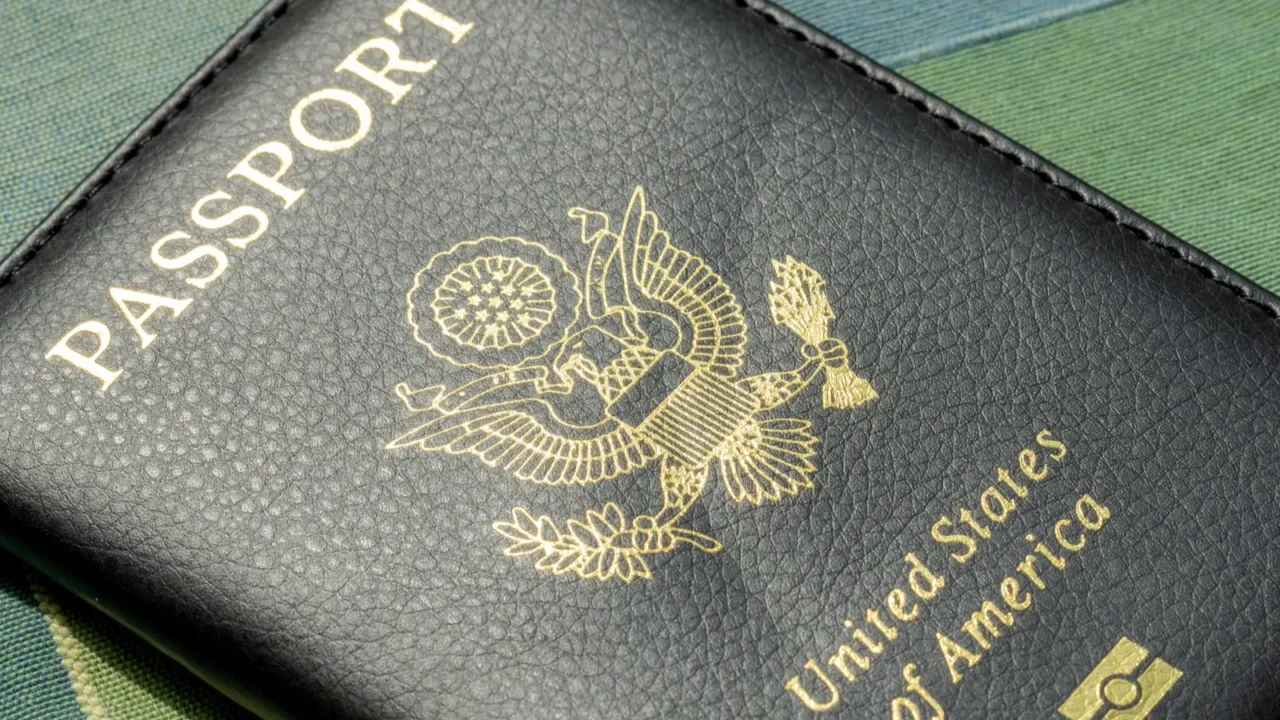
Are American Travelers Being Quietly Pushed Out?
In 2025, a new travel trend is emerging, but not in a good way. Across the globe, more countries are making it harder, more expensive, or just plain unwelcoming for U.S. tourists to visit.
Some countries aren’t as welcoming to Americans anymore. Stricter visas, local backlash, and political tension are making travel harder. Let’s look at where doors are quietly closing.

Brazil
Brazil has brought back e-visas for Americans, and it’s not just a minor annoyance. The $80 fee, paperwork headaches, and long processing times have triggered a 15% drop in U.S. tourist bookings.
Officials say it’s “reciprocity,” since the U.S. still requires Brazilians to get visas, but travelers see it as a red flag. If you were dreaming of Rio’s beaches or Amazon adventures, be prepared to jump through bureaucratic hoops.
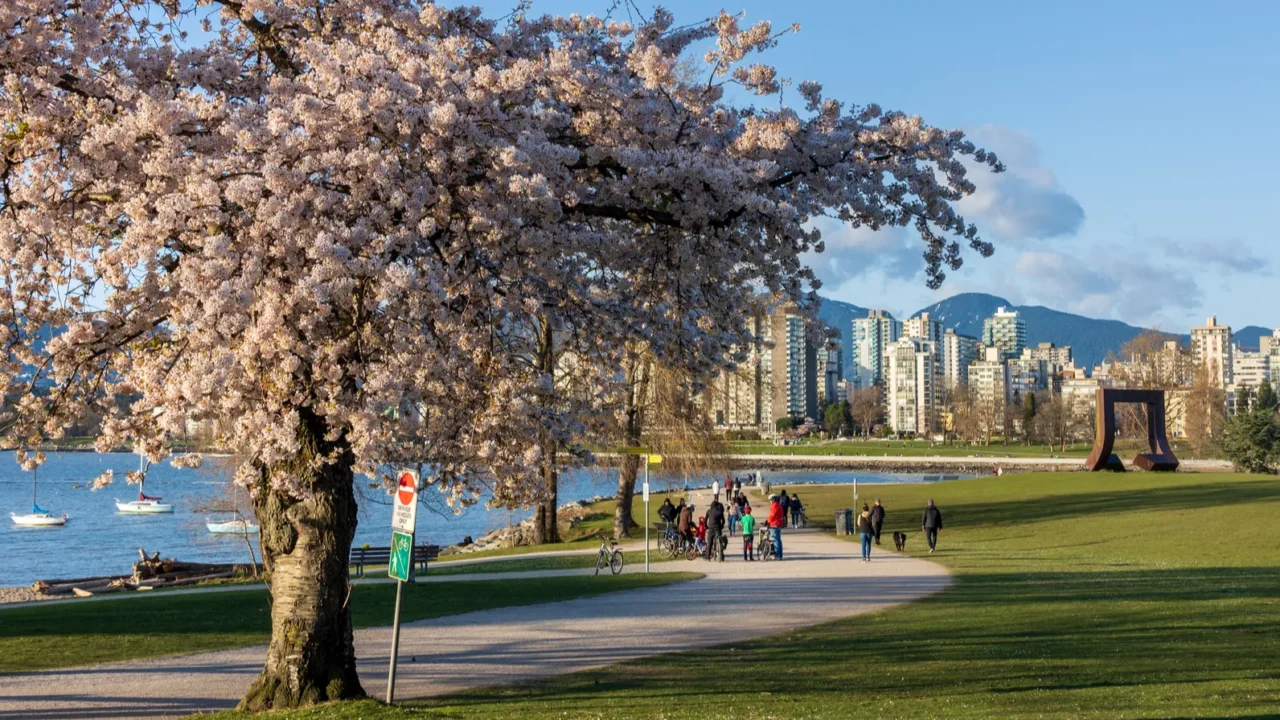
Canada
No official travel ban here, but something’s definitely changed. American visits to Canada have dropped 42% in 2025, with reports of frosty attitudes, reduced tourism marketing, and even signage prioritizing locals.
A 21% decline in U.S. flight bookings shows the shift is real. For a country that once felt like a cozy northern retreat, the vibe is now more “meh” than maple syrup.
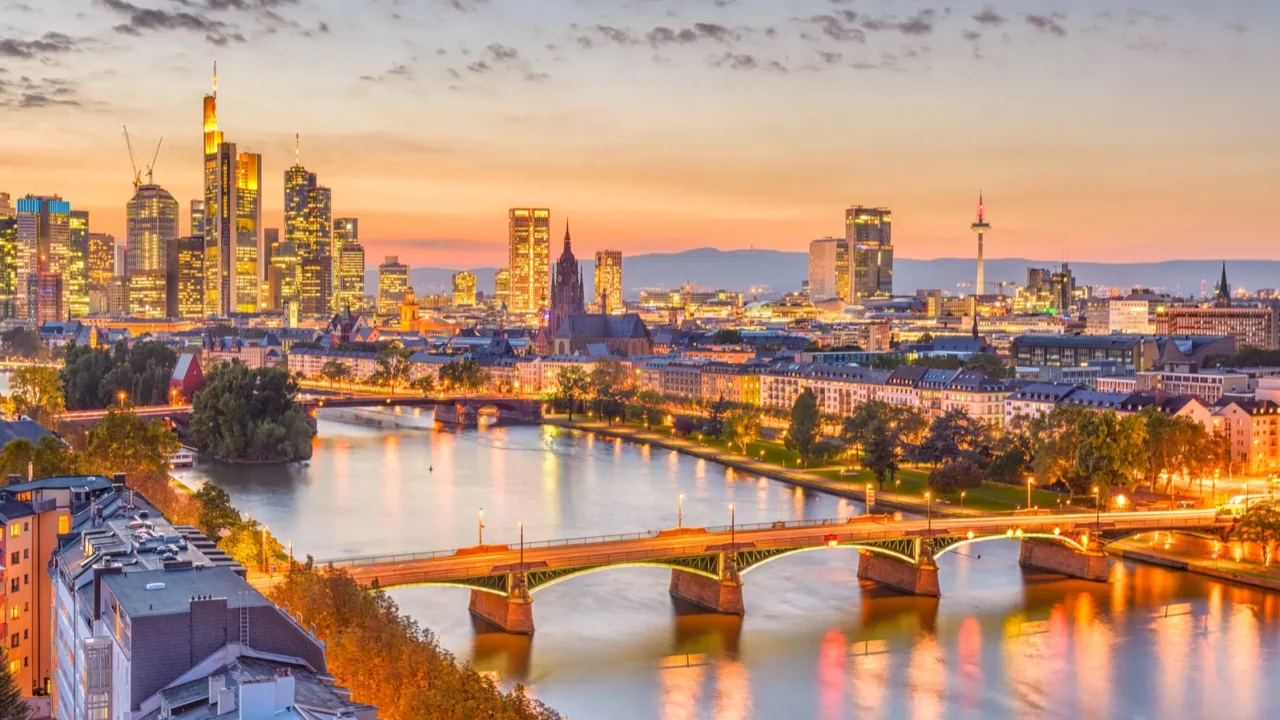
Germany
American tourists in Germany are feeling the cold shoulder. While there’s no official visa restriction, bookings by U.S. travelers have fallen 28%, and some Americans report being asked to leave cafés or experiencing direct anti-American comments.
Locals cite cultural clashes and “obnoxious” behavior, while others say it’s simple political fatigue. Germany’s vibe is shifting, less Sound of Music, more side-eye at the table.
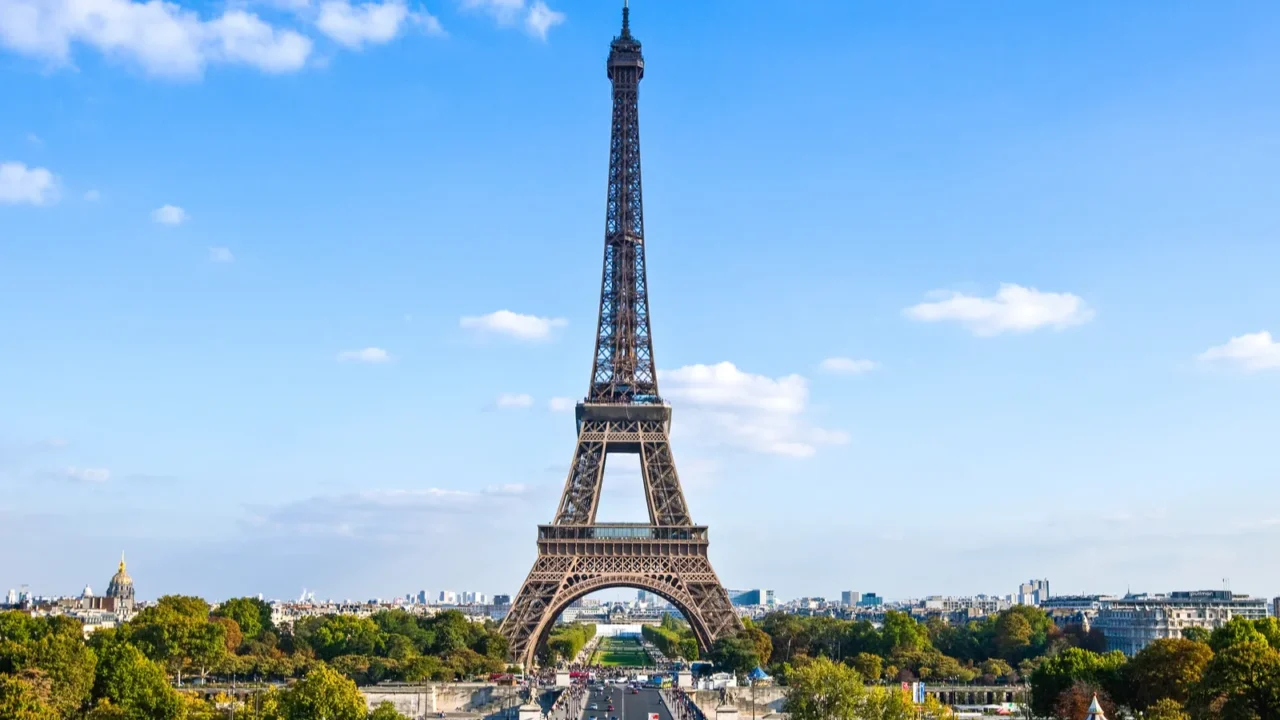
France
France isn’t banning Americans, but it is quietly turning them away from its most luxurious experiences. U.S. bookings in upscale hotels have dipped by 20%, and several spots now require European credit cards or offer better service to EU guests.
Some Americans feel they’re being treated as second-class tourists.
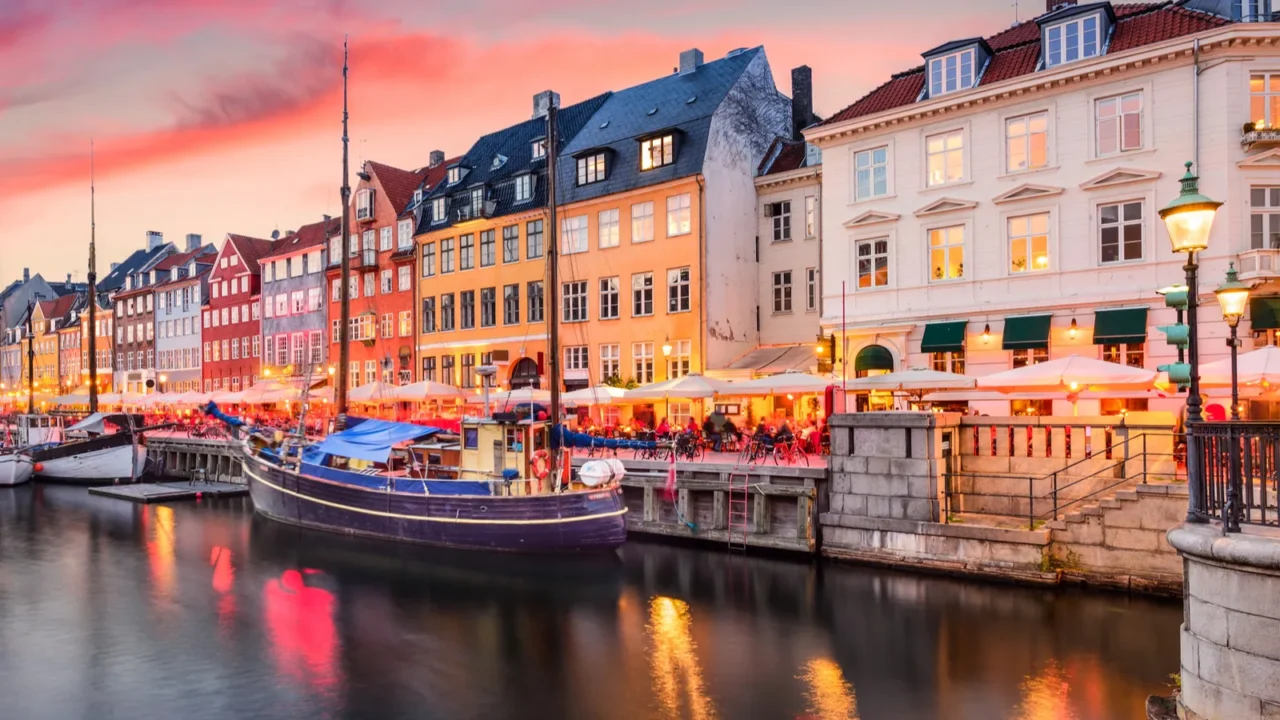
Denmark
You won’t find an official ban in Denmark, but there’s a massive citizen-driven boycott of American tourism. Over 95,000 people have joined a movement urging businesses to refuse service to U.S. travelers.
Stickers reading “No Americans” are popping up in windows, and American-focused tours are being canceled. It’s a mix of environmental concerns, cultural clash, and backlash against U.S. politics.
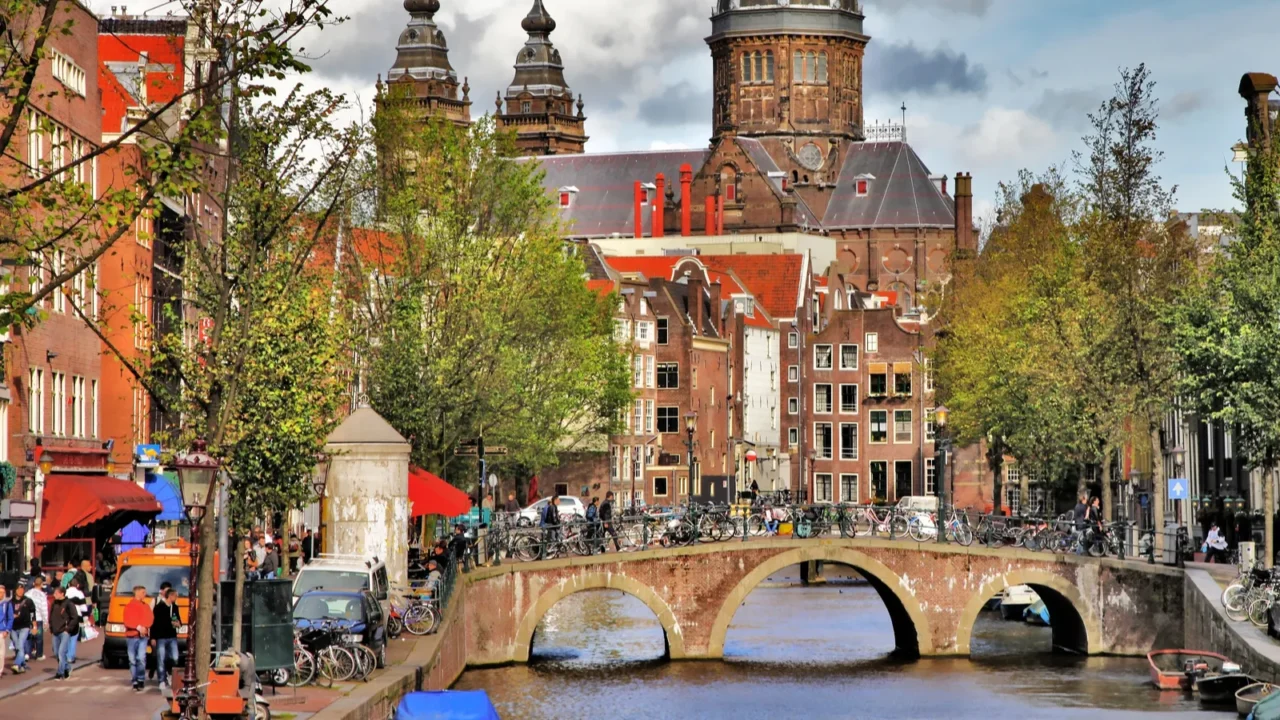
Netherlands
Heading to Amsterdam? Expect more than just tulips and canals, American tourists are reporting increased questioning, detentions, and a definite drop in warm welcomes.
The Dutch government has tightened visa screenings and limited American-centric amenities. Flights from the U.S. are down 17%, and many travelers say the country just feels less “tourist-friendly” these days.

Mexico
Once a go-to escape for U.S. tourists, Mexico is now quietly rebalancing its priorities. There’s less marketing targeted toward American travelers, and immigration officials are cracking down harder, especially with tourist cards.
Add in heightened cartel violence and U.S. security warnings, and you’ve got a clear sign: Mexico isn’t rolling out the red carpet anymore.
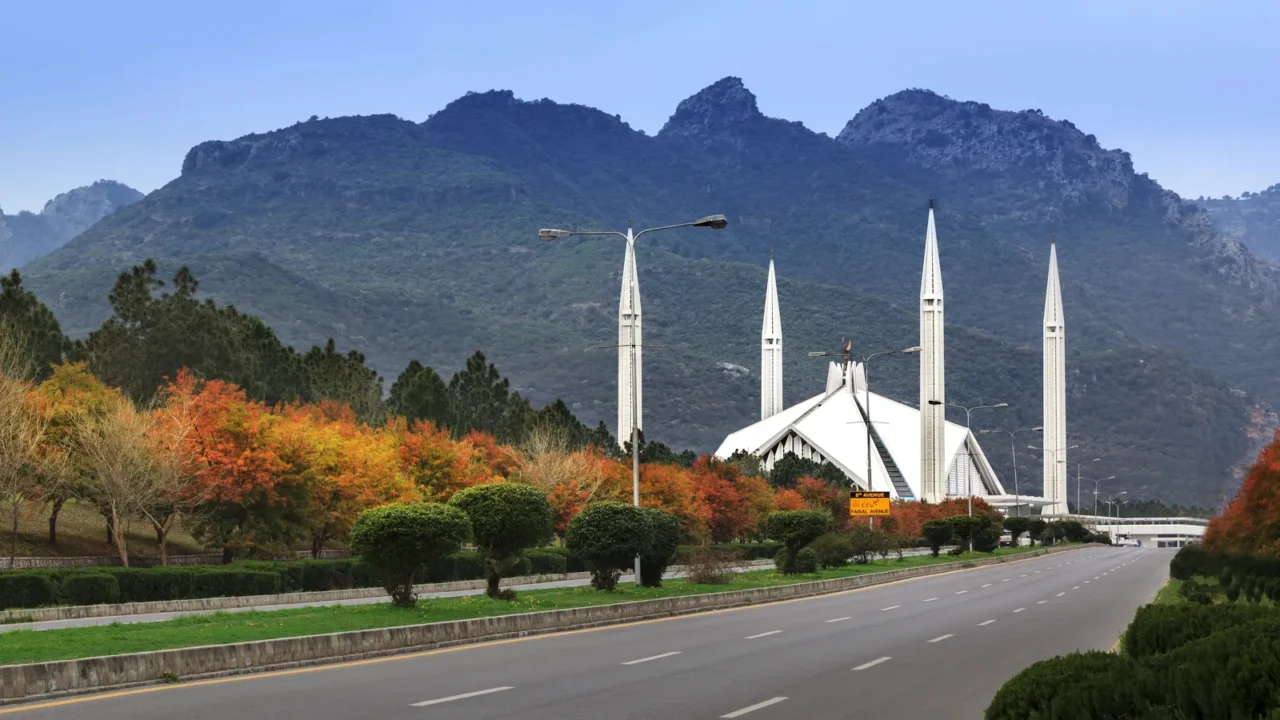
Pakistan
Americans traveling to Pakistan are facing increasing delays and scrutiny. Getting a permit can take weeks, sometimes months, and visitors are especially restricted in sensitive regions.
Officials say it’s about “security reciprocity,” pointing to U.S. travel barriers for Pakistanis. But travelers feel the pressure.
Whether it’s the slower visa system, extra background checks, or just a general sense of unease, Pakistan is one country where the American passport doesn’t mean easy entry anymore.

Burundi
Planning a visit to Burundi? If you’re American, be prepared to wait. Visa approval rates are under 40%, and the process can drag on for months. Travelers also face mandatory check-ins and strict itinerary disclosures.
Officials cite “regulatory concerns,” but critics say it’s a clear move to discourage U.S. visitors. If you were hoping for an off-the-beaten-path adventure here, maybe reconsider your route.
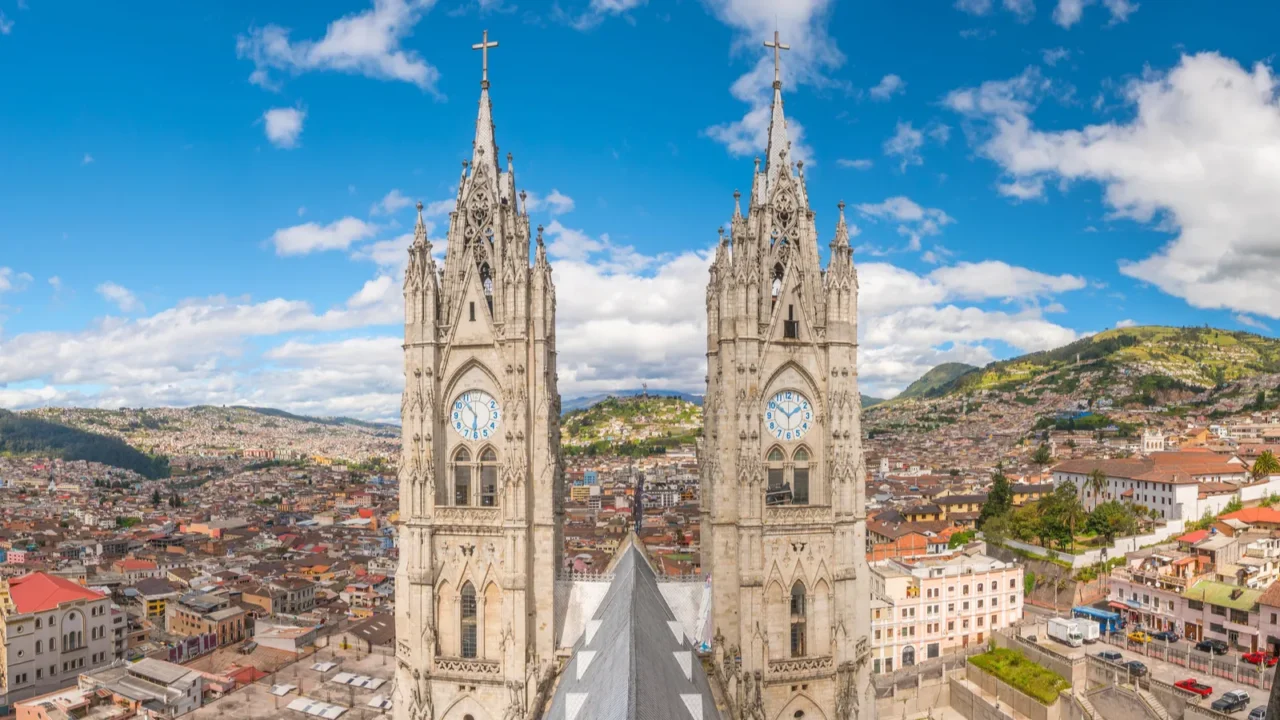
Ecuador
Ecuador has doubled visa fees for U.S. citizens, now requiring proof of accommodation and offering preference to non-American tourists. The pricing isn’t just steep, it’s targeted.
Travelers are seeing higher rates for tours and attractions, too. For Americans, the trip now comes with a bigger price tag and fewer perks. This is budget travel turned luxury by force.

Switzerland
Switzerland is slowing down visa approvals for U.S. travelers and tightening entry requirements. Luxury hotels are reportedly limiting American guests, citing “cultural mismatches.”
Add in doubled visa processing times and a growing sense of elitism, and it’s clear that the Alpine dream may not be as inviting for Americans in 2025. If you’re planning a Swiss escape, be ready to play by new (and slower) rules.
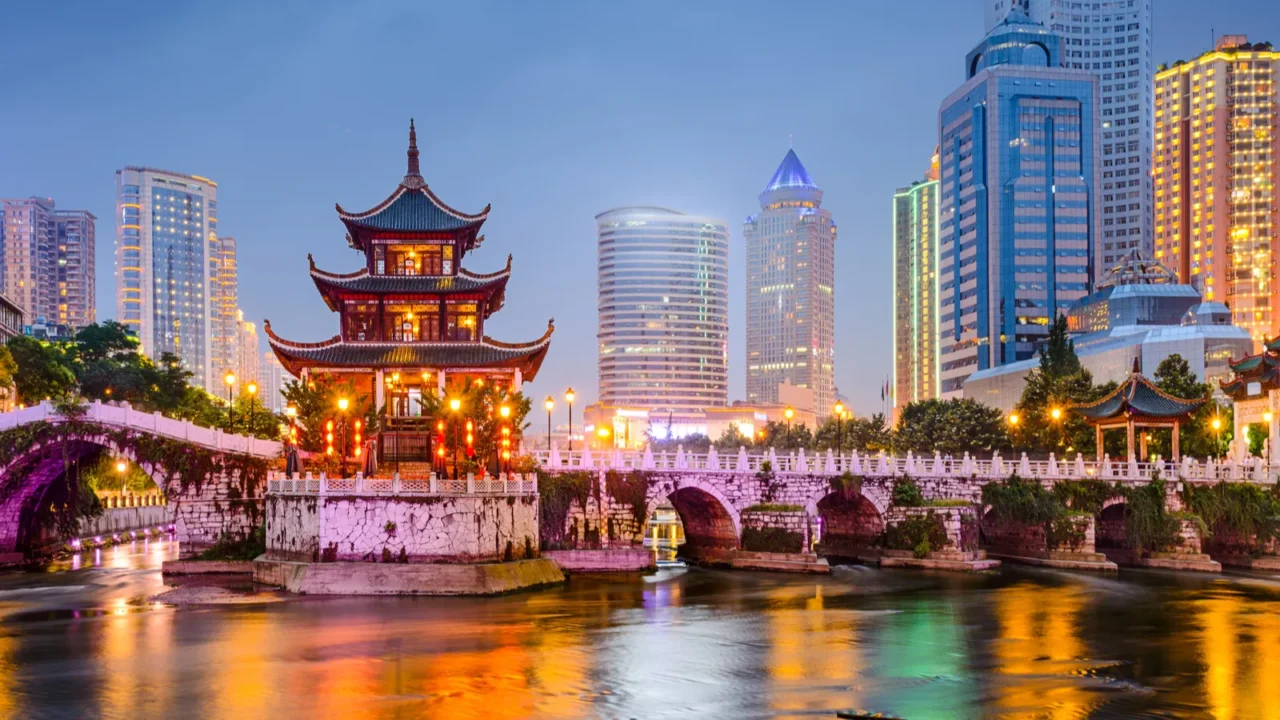
China
In 2025, American tourists in China face unprecedented surveillance. From mandatory registration to daily movement tracking and assigned hotel floors, it’s clear Americans are under special watch.
China points to “national security” as the reason, but for travelers, it feels more like being tagged. Border scrutiny has also ramped up.

South Korea
South Korea might export cool, but its treatment of U.S. tourists is warming up in the wrong way. Business visa delays, extended questioning at borders, and even restaurants reportedly charging Americans more are becoming common.
The country is shifting its marketing away from U.S. visitors, favoring regional and European tourists. It’s not an outright rejection, but it’s definitely a cooling off.
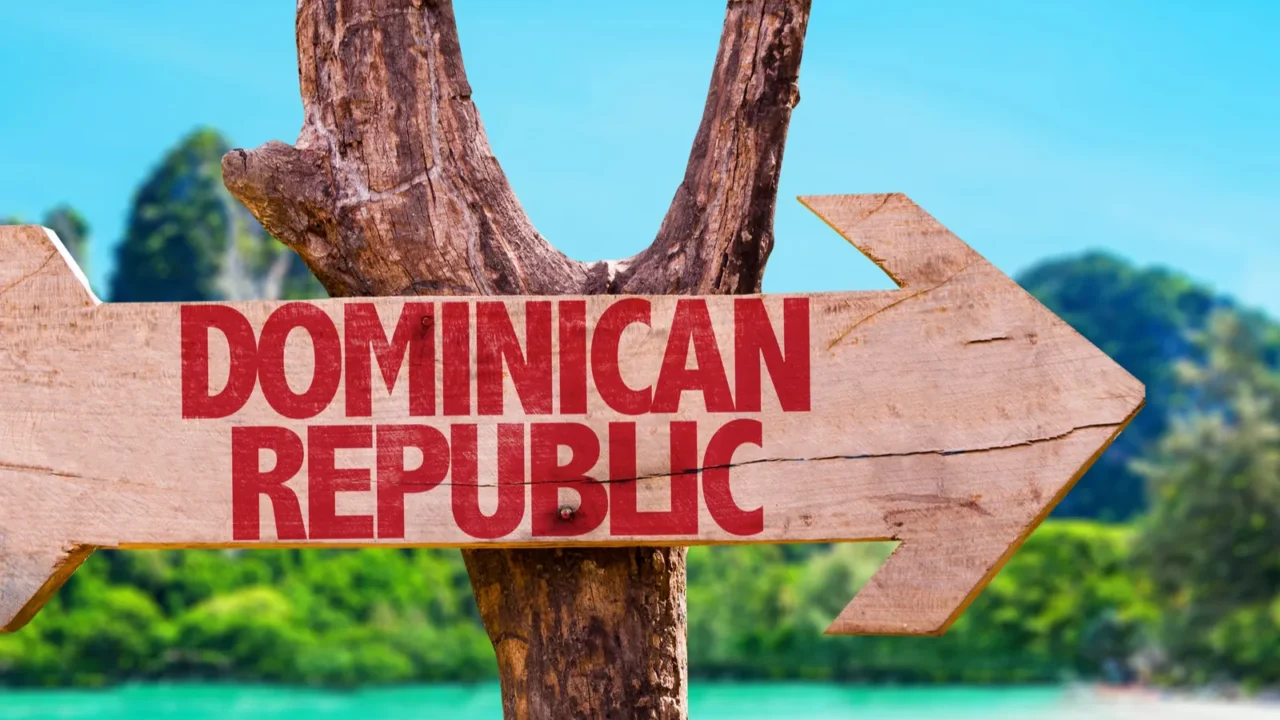
Dominican Republic
Dreaming of sun and sand? The Dominican Republic has added new layers of red tape for U.S. visitors, including proof of onward travel and extra screening at immigration.
Some tourists report being held up for hours, while locals say the country is shifting preference to European vacationers. Dollars don’t go as far here anymore either, euros are now more welcome in tourist zones.
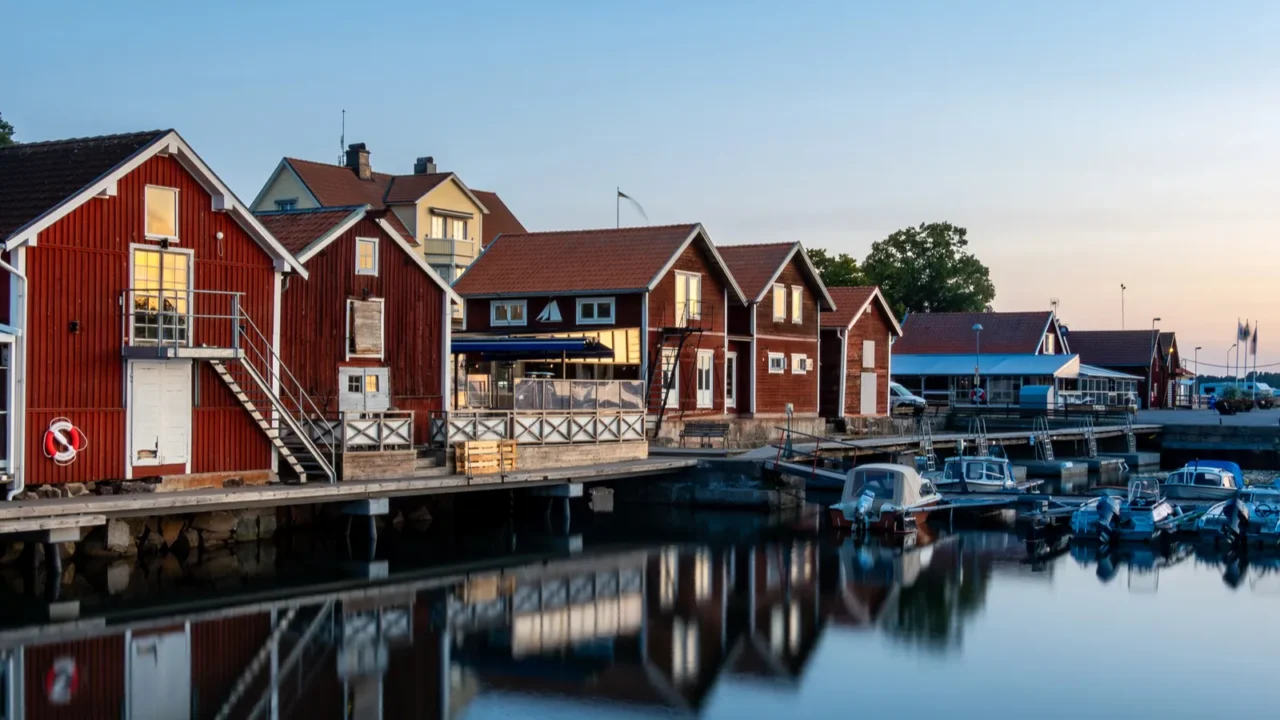
Sweden
Sweden is making it harder for Americans to visit, without ever saying so directly. Visa processing times have tripled, and some hotels are refusing to book U.S. guests.
Like Denmark, Sweden is part of a quiet European pushback, driven by cultural tension and climate concerns. Instead of official bans, it’s marketing redirection and bureaucratic friction doing the job.
Understanding how international sentiment is shifting could change the way you plan your next trip, especially in a post-2025 world. Check out what Trump’s 2025 travel bans mean for you.
Which of these countries surprised you the most? Share your thoughts below, we want to hear your travel stories and reactions.
Read More From This Brand:
- Cape Town’s Shoreline Stunners You’ll Regret Skipping in 2025
- A Beginner’s Guide to America’s Quirkiest Roadside Attractions
- Why Rio and Machu Picchu Are the Bucket List Duo of 2025
Don’t forget to follow us for more exclusive content right here on MSN.
This slideshow was made with AI assistance and human editing.